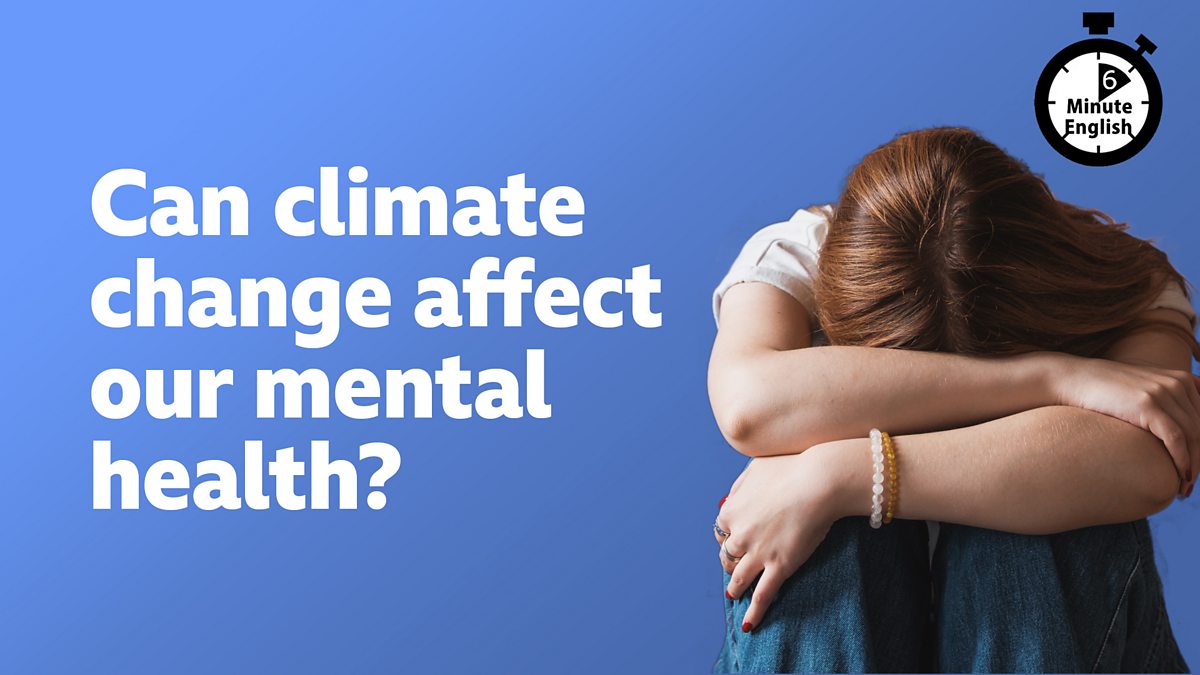Living with Chronic Illness & Health Anxiety: Breaking the Cycle

Chronic illness and health anxiety often go hand-in-hand. While it's natural to worry about your health when dealing with a long-term condition, that anxiety can escalate, becoming a significant obstacle to your well-being. This article explores the complex relationship between chronic illness and health anxiety, providing insights into identifying problematic patterns and practical strategies for managing and overcoming them. We’ll delve into why health anxiety is common in this context, how it manifests, and what steps you can take to reclaim your mental and emotional health.
Understanding the Connection: Why Chronic Illness Fuels Health Anxiety
Living with a chronic illness means constantly navigating uncertainty. Symptoms fluctuate, diagnoses can be complex, and the future often feels unpredictable. This inherent instability creates fertile ground for health anxiety to take root. The constant awareness of your body and potential health issues triggers a heightened state of vigilance, leading to excessive worry, fear of serious illness, and a relentless need for reassurance. Even minor physical sensations can be misinterpreted as signs of a grave medical problem, fueling a cycle of anxiety and distress.
Recognizing Problematic Health Anxiety: Signs to Watch For
It's important to distinguish between normal health concerns and problematic health anxiety. Here are some key signs that your anxiety might be interfering with your quality of life:
- Constant checking: Frequently checking your body for symptoms, repeatedly looking up medical information online.
- Avoidance: Avoiding medical appointments or situations that might trigger anxiety.
- Reassurance-seeking: Constantly asking others for reassurance about your health.
- Catastrophizing: Imagining the worst-case scenario and believing you have a serious, undiagnosed illness.
- Significant distress and impairment: Anxiety significantly impacting your daily life, relationships, and ability to function.
Strategies for Managing Health Anxiety Alongside Chronic Illness
Breaking free from the cycle of health anxiety requires a multifaceted approach. Here are some evidence-based strategies:
- Cognitive Behavioral Therapy (CBT): CBT is highly effective for health anxiety. It helps you identify and challenge negative thought patterns and develop coping mechanisms. Working with a therapist can provide personalized guidance and support.
- Mindfulness and Relaxation Techniques: Practices like meditation, deep breathing, and yoga can help calm your nervous system and reduce anxiety.
- Exposure Therapy: Gradually exposing yourself to anxiety-provoking situations (like researching your condition) can help desensitize you to your fears. *This should be done under the guidance of a therapist.*
- Acceptance and Commitment Therapy (ACT): ACT focuses on accepting uncertainty and committing to actions aligned with your values, even when experiencing anxiety.
- Limit Health-Related Research: Excessive online searching can exacerbate anxiety. Set boundaries and limit your time spent researching medical information.
- Focus on Self-Care: Prioritize activities that promote your physical and emotional well-being, such as exercise, healthy eating, and spending time with loved ones.
- Build a Strong Support System: Connect with friends, family, or support groups to share your experiences and receive encouragement.
Seeking Professional Help
If health anxiety is significantly impacting your life, don't hesitate to seek professional help. A therapist specializing in anxiety disorders can provide you with the tools and support you need to manage your symptoms and improve your quality of life. Your doctor can also rule out any underlying medical conditions that might be contributing to your anxiety.
Living with chronic illness is challenging enough. By addressing health anxiety, you can regain a sense of control and improve your overall well-being. Remember, you're not alone, and help is available.






